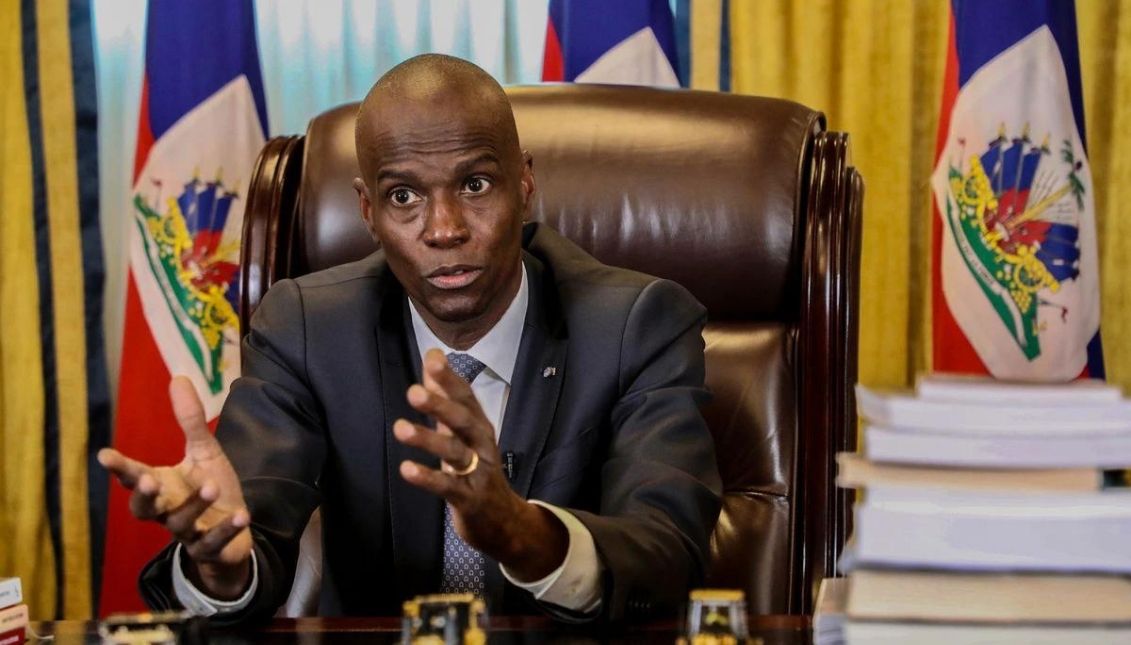
President Jovenel Moise's assassination was the beginning of what was an insane period of time for the Caribbean country. Photo: Twitter
Investigation reveals why Haiti's president was killed
The investigation warns that President Jovenel Moïse was killed because measures he took against drug trafficking.
In July of this year, Haitian President Jovenel Moïse was assassinated in his residence by a group of Colombian assassins.
To date, the motive for the assassination of the Haitian president is still unknown. However, The New York Times revealed that in the months prior to his assassination, Moïse had taken a series of measures to fight against drug and arms traffickers.
Among the measures the president had begun to implement were cleaning up Haiti's customs department, nationalizing a seaport with a history of smuggling, destroying an airstrip used by drug traffickers, investigating the lucrative eel trade, and in the days before his death, working on a dossier of powerful politicians and businessmen involved in drug trafficking in the country.
"In July, before he was assassinated, the president was working on a list of powerful politicians and businessmen involved in drug trafficking in Haiti," the investigation states. "According to four high-ranking Haitian advisors and officials in charge of drafting this document, Moïse's intention was to deliver this file to the United States government."
In the interrogations developed after the capture of several hitmen involved, some of them confessed that they had as a priority to recover Moïse's list with the names of the alleged drug traffickers.
"When investigators arrived at the crime scene they saw that President Moïse's office had been ransacked, and they found papers strewn everywhere," three senior Haitian officials familiar with the details of the investigation told the New York Times.
The document is part of a series of confrontations Moïse had with powerful political and business figures, some suspected of drug and arms trafficking.
According to The New York Times, the document was to be delivered to the DEA.
"The president ordered them not to pardon anyone, not even the powerful personalities who helped him come to power," the publication assures.
In addition to the list, it was also mentioned that there is a coincidence with a testimony of Moïse's wife. According to her, the assassins entered the official residence searching and looking for documents.
For the entire investigation, the New York Times interviewed more than 70 people and traveled to eight of the 10 Haitian departments to interview politicians, childhood friends of Moïse, policemen, fishermen and people involved in drug trafficking to understand the possible motives that triggered his assassination. Now, many of these people also fear for their lives.











LEAVE A COMMENT: